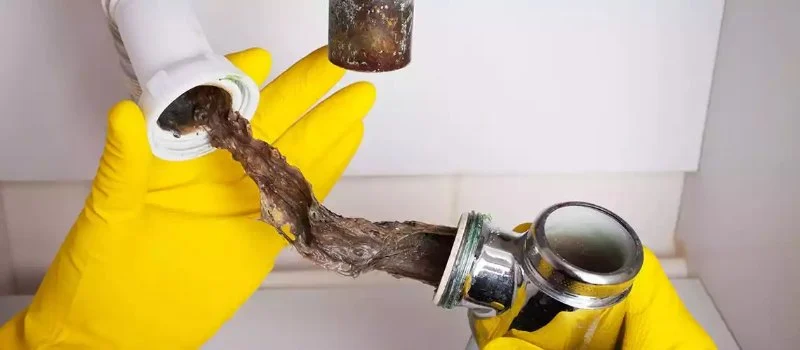
How to Clean Sediment Build-Up in Household Pipes
- 1-Understanding Sediment Build-Up in Pipes
- 2-What Causes Sediment Build-Up in Household Pipes?
- 3-Effective Methods to Clean Sediment from Pipes
- 4-How to Prevent Sediment Build-Up in the Future
- 5-Recommended Products for Pipe Cleaning
Sediment build-up in household pipes is a common issue that can lead to clogging, reduced water pressure, and other plumbing problems. Over time, minerals from hard water, rust, and debris can accumulate in pipes, restricting the flow of water. This article will guide you through the process of cleaning sediment build-up in your household pipes and offer some preventative measures to keep your plumbing system in optimal condition.

Brookline Plumber, LLC
PittsburghAllegheny CountyPennsylvania
613 Brookline Blvd, Pittsburgh, PA 15226, USA
2-What Causes Sediment Build-Up in Household Pipes?
The most common cause of sediment build-up in household pipes is the presence of hard water, which contains high levels of calcium and magnesium. As the water flows through your pipes, these minerals gradually deposit along the pipe walls, forming sediment. Additionally, rust from older pipes or debris from plumbing systems can contribute to the accumulation. If left untreated, sediment build-up can restrict water flow, cause blockages, and even damage your plumbing over time.

Euro Plumbing & Sewer, LLC
Lake in the HillsMcHenry CountyIllinois
8435 Pyott Rd, Lake in the Hills, IL 60156, USA
3-Effective Methods to Clean Sediment from Pipes
There are several ways to clean sediment build-up from your household pipes. The method you choose will depend on the severity of the build-up and the tools available. Here are some effective cleaning techniques:
- 1. Use a Pipe Descaler: A pipe descaler is a chemical solution that can help dissolve mineral build-up inside pipes. Simply pour the descaler into the pipes and let it sit for the recommended amount of time before flushing the pipes with water.
- 2. Flush with Vinegar and Baking Soda: A natural and eco-friendly method is to use a mixture of vinegar and baking soda. Pour a cup of baking soda down the drain followed by a cup of vinegar. Let the mixture sit for 30 minutes before flushing it with hot water. This will help break down mineral deposits.
- 3. Hydro-jetting: For more severe sediment build-up, consider using a hydro-jetting service. This method involves using high-pressure water to clear out debris and sediment from pipes. It’s effective and safe for most plumbing systems, but it should be done by a professional.
- 4. Manual Pipe Cleaning: If the build-up is localized, you may be able to remove sediment manually. Use a pipe brush or a plumbing snake to dislodge the sediment. This method works best for smaller areas and may require some patience.
4-How to Prevent Sediment Build-Up in the Future
While cleaning sediment build-up is important, prevention is the best way to avoid the issue in the first place. Here are a few tips to keep your pipes clean:
- 1. Install a Water Softener: A water softener can help reduce the hardness of the water, preventing the accumulation of calcium and magnesium in your pipes.
- 2. Regularly Flush Your Pipes: Periodically flushing your pipes with hot water can help prevent sediment build-up. Doing so once every few months can keep your plumbing system running smoothly.
- 3. Use Sediment Filters: Installing a sediment filter at the point of entry for your water can help trap larger particles before they enter your plumbing system.
5-Recommended Products for Pipe Cleaning
For effective sediment removal, you can rely on a variety of cleaning products. Some popular and highly rated options include:
- 1. CLR Calcium, Lime & Rust Remover: A trusted product for breaking down calcium, lime, and rust deposits in pipes.
- 2. Green Gobbler Drain Cleaner: An eco-friendly option that effectively clears sediment and other debris from pipes.
- 3. FlexiSnake Drain Cleaning Tool: A handy tool for manually removing sediment from drains and pipes.
By using these cleaning techniques and products, you can maintain your household pipes and prevent future sediment build-up. Keeping your plumbing system clean will ensure that water flows freely, saving you money on potential repairs and improving water pressure throughout your home.

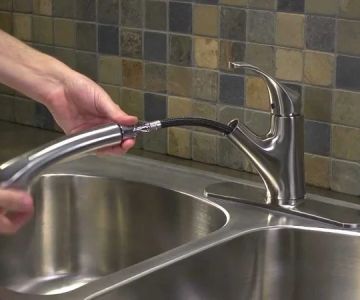
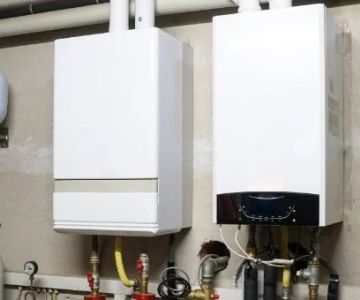
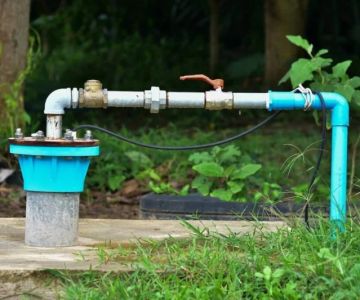
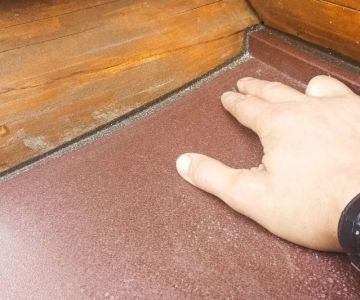
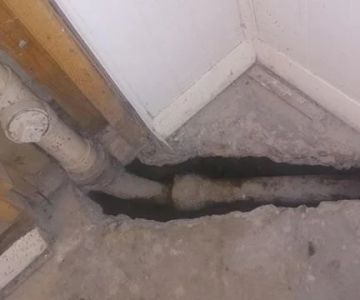
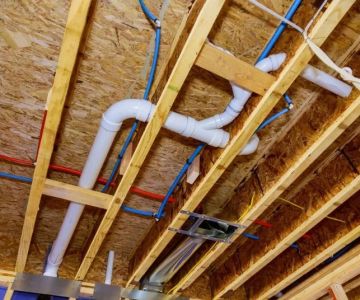
 Chastain Plumbing Heating5.0 (4 reviews)
Chastain Plumbing Heating5.0 (4 reviews) Slade's Plumbing & Sewer Service4.0 (39 reviews)
Slade's Plumbing & Sewer Service4.0 (39 reviews)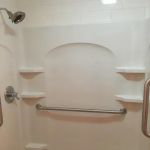 Absolute Plumbing Solutions, LLC4.0 (31 reviews)
Absolute Plumbing Solutions, LLC4.0 (31 reviews)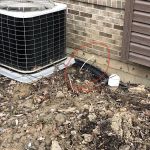 Precision Plumbing Sewer - Lima, Ohio4.0 (74 reviews)
Precision Plumbing Sewer - Lima, Ohio4.0 (74 reviews) Bill Rascher Mechanical Inc Plumbing, Heating, Cooling2.0 (5 reviews)
Bill Rascher Mechanical Inc Plumbing, Heating, Cooling2.0 (5 reviews) A+ SEWER SCREENING & CLEANING5.0 (16 reviews)
A+ SEWER SCREENING & CLEANING5.0 (16 reviews) How to Route Plumbing for an Outdoor Grill Station
How to Route Plumbing for an Outdoor Grill Station How to Effectively Clean Residue and Scale from Faucets and Showerheads
How to Effectively Clean Residue and Scale from Faucets and Showerheads How to Detect When Your Plumbing Is Aging: Key Signs to Watch For
How to Detect When Your Plumbing Is Aging: Key Signs to Watch For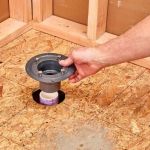 How to Replace a Shower Niche Drain: Step-by-Step Guide for Homeowners
How to Replace a Shower Niche Drain: Step-by-Step Guide for Homeowners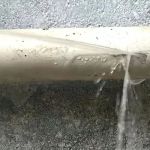 How to Repair a Cracked Pipe Without Replacing It
How to Repair a Cracked Pipe Without Replacing It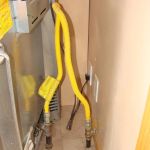 How to Replace a Fuel Line in a Gas Appliance
How to Replace a Fuel Line in a Gas Appliance